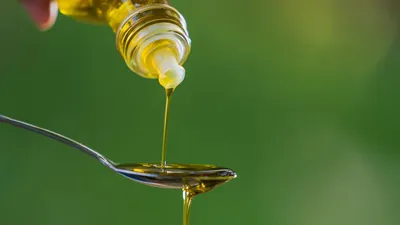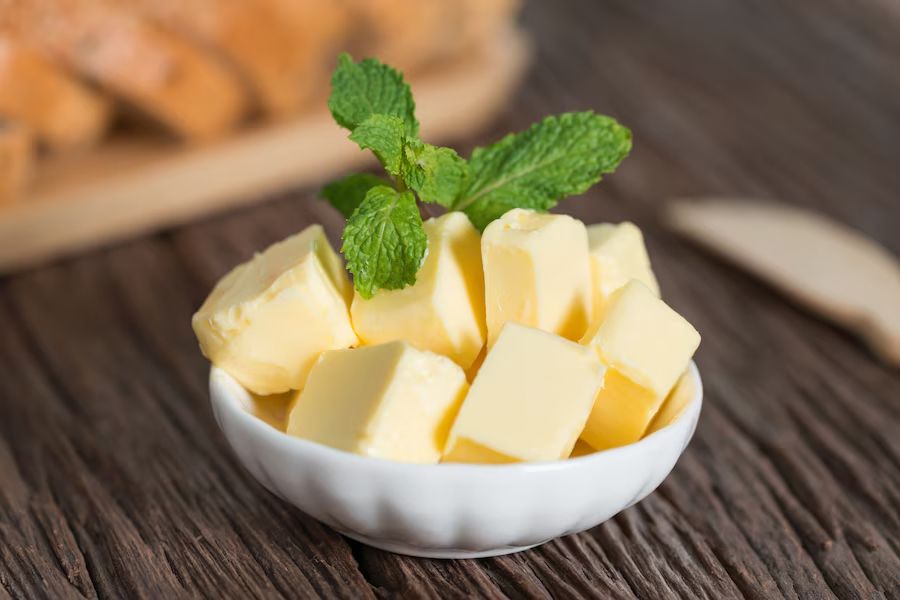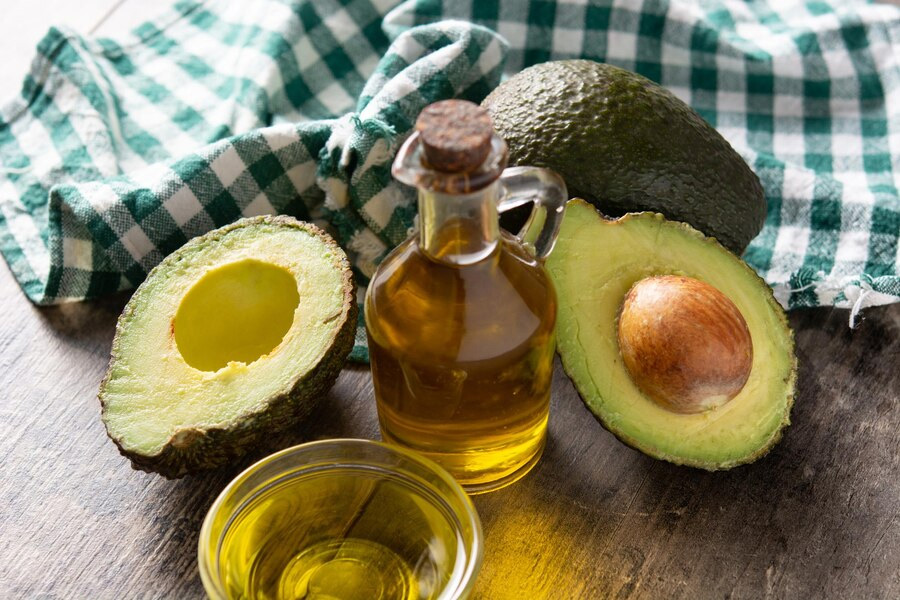
If you've ever found yourself torn between enjoying a buttery delight and worrying about your heart health, you're not alone. Butter is delicious, but it's high in saturated fats that can raise cholesterol and impact heart health when consumed in excess. The good news is that there are healthier, plant-based oils that can offer a tasty, heart-friendly alternative. We spoke to our expert Dr Varun Bansal, Consultant Cardiac Surgeon, Indraprastha Apollo Hospitals, New Delhi, who listed vegan alternative oils to butter to keep your health in check without compromising the flavour.

"Butter is a popular dairy product made by churning cream to separate butterfat from buttermilk. It is commonly used for cooking and baking and is a source of vitamins A, D, and E. However, it is high in saturated fats and calories, which can be linked to heart disease, especially for those with heart conditions," said Dr Bansal.
A study published in Nature Medicine revealed that diets rich in plant-based unsaturated fats, rather than saturated animal fats, were linked to a lower incidence of type 2 diabetes and cardiovascular disease.
Healthy Vegan Oil Alternatives To Butter
Olive Oil

Olive oil is known to be one of the healthiest fats available and is a great alternative to butter. This oil is derived from olives and is mainly used in the Mediterranean diet.
"Olive oil is abundant in monounsaturated fats, particularly oleic acid. This helps lower Low-Density Lipoprotein (LDL) cholesterol levels (bad cholesterol) while maintaining or even raising High-Density Lipoprotein cholesterol levels (good cholesterol). This balance is essential for reducing the risk of cardiovascular diseases,"said Dr Bansal.
Also Read: How Much Olive Oil Is Good For Your Heart Health
Olive oil also contains antioxidants, such as polyphenols that have anti-inflammatory properties. These compounds also contribute to the oil’s ability to protect against chronic diseases like heart disease, diabetes, and certain types of cancer.
It can be used as a topping for salads and vegetables or even drizzled on bread instead of butter. It has a lower smoke point compared to other oils and is best used for low to medium-heat cooking or raw preparations.
Palm Oil

Palm oil can also be a healthier alternative to butter. While it has often been associated with environmental concerns due to historical unsustainable farming practices, improvements are being made in countries like Malaysia, which are now adopting sustainable practices across their supply chains.
Palm oil is derived from the fruit of oil palms, primarily grown in tropical regions. Red palm oil, in particular, retains a rich orange colour due to its high beta-carotene content. "It contains a balance of saturated and unsaturated fats, with roughly 50% of the fats in palm oil being saturated. However, it is also rich in oleic acid, a heart-healthy monounsaturated fat," added Dr Bansal.
Additionally, the antioxidant content in red palm oil, especially vitamins A and E, makes it a valuable addition to diets, as these antioxidants help protect the body from oxidative stress. Palm oil's high smoke point makes it ideal for cooking at high temperatures, making it suitable for frying or roasting.
Avocado Oil

"Avocado oil is obtained from the pulp of avocados. It is rich in monounsaturated fats and packed with oleic acid, which is known to support heart health by reducing inflammation and improving cholesterol levels. It is also high in lutein, an antioxidant that promotes eye health," said Dr Bansal.
With a high smoke point, avocado oil is suitable for high-heat cooking without breaking down or releasing harmful free radicals. This quality makes it ideal for frying, grilling, roasting, and baking. Its neutral flavour allows it to be used as a substitute for butter or other fats in nearly any recipe without changing the taste.
Avocado oil contains vitamins E and K, which support skin health and bone strength. A 2017 study involving 24 individuals with plaque psoriasis found that using a cream containing 20% avocado oil and vitamin B12 improved psoriasis symptoms after 12 weeks of treatment.
It also aids in the absorption of fat-soluble vitamins (like vitamins A, D, E, and K) from other foods, making it an excellent addition to salads, dressings, and dips.
Bottomline
Dr Bansal concluded, "Choosing alternatives to butter doesn’t mean compromising on flavour or nutrition. Palm oil, olive oil, and avocado oil each offer unique health benefits and culinary versatility. By adding these alternatives to one’s diet, anyone can enjoy delicious meals while supporting overall health. However, it is extremely important to consume any kind of oil or fat in moderation as consuming any product in excess can be potentially harmful."
[Disclaimer: This article contains information provided by an expert and is for informational purposes only. Hence, we advise you to consult your own professional if you are dealing with any health issues to avoid complications.]
Also watch this video
How we keep this article up to date:
We work with experts and keep a close eye on the latest in health and wellness. Whenever there is a new research or helpful information, we update our articles with accurate and useful advice.
Current Version
